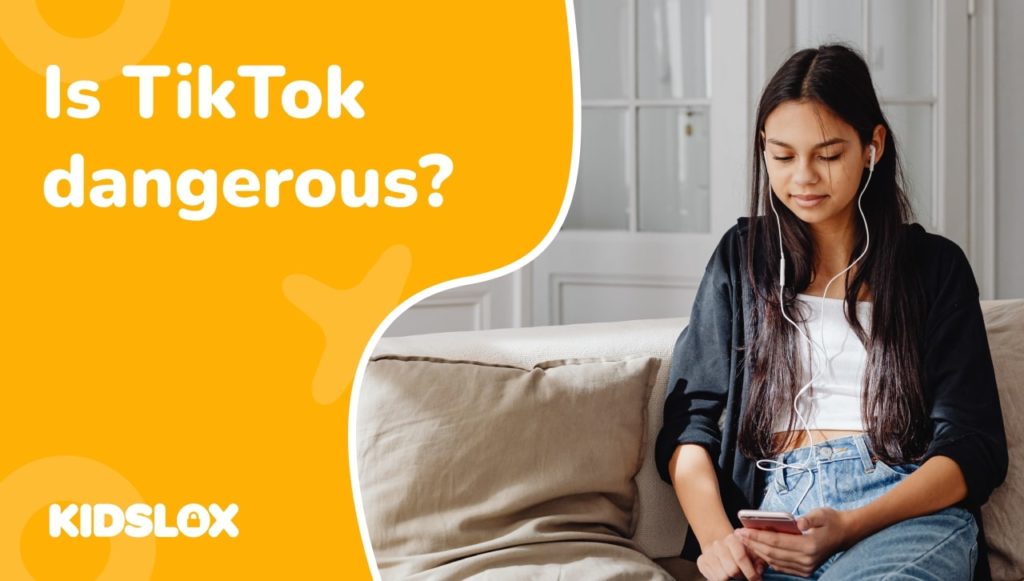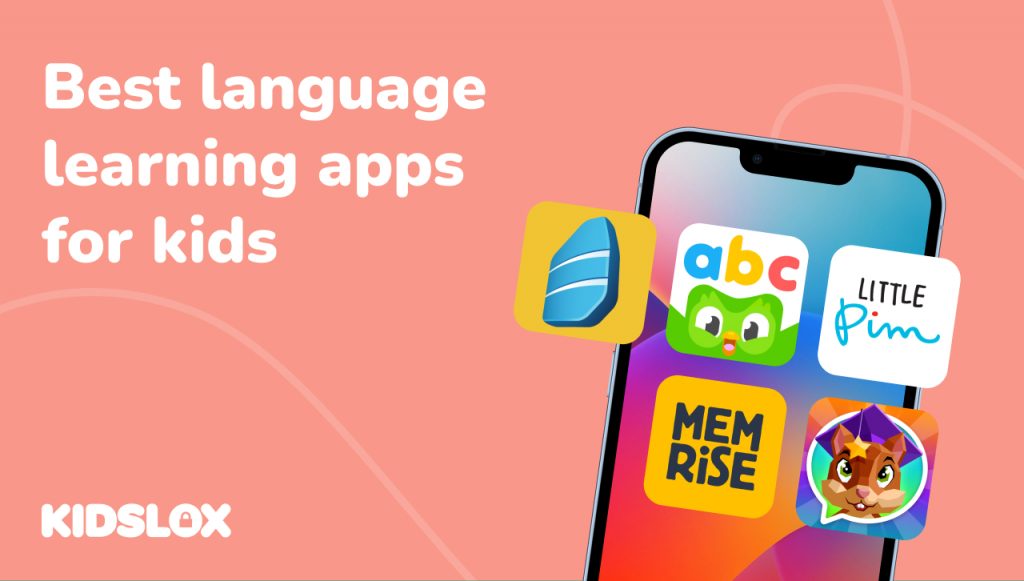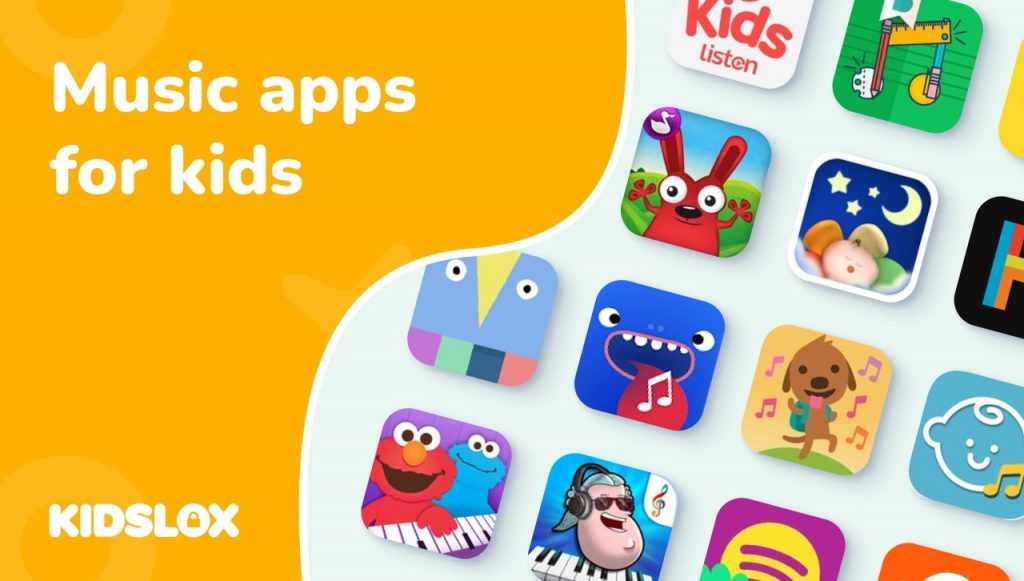Five things that parents need to know about the popular video sharing app
What is TikTok and why is it so popular?
TikTok is one of the biggest social media platforms out there and in recent years, its popularity has exploded. It allows its users to create, browse and share short videos. Comedy, dancing, music and singing are the major themes of content created and shared on the app.
TikTok has taken the thirst for content and blended it with a digital library of popular culture soundbites. Using access to the latest pop-hits and movie audio, the platform makes starring in your own pop-video or creating a skit of your favorite actor as easy as clicking a button.
Who’s on it?
Almost the whole world it seems. Since its launch in 2016 (back when it was called Musical.ly), the social media platform has grown to a staggering 3 billion users (2022). While it’s popular with all age groups, official figures show that almost a third of TikTok’s enormous user base is under the age of 18.
Is TikTok safe for children?
TikTok can be a great way to express creativity, practice digital editing skills and socialize with peers. However, nestled in between the funny memes and viral dance trends there are potential dangers. Here are five things that parents need to know about TikTok.
1. TikTok collects your data and uses it
Like many social media platforms, data privacy is a real concern with TikTok and the tech giant has come under a lot of fire for its practices. Like most social networks, the app collects lots of information about its users, including location, cookies and usage. While the company says it doesn’t share this data with third parties, it is used to inform the advertisements TikTok serves. And this data collection isn’t reserved to just what you’re watching, users should also be aware that TikTok collects information about them through private messages, which aren’t end-to-end encrypted. On top of that, in the U.S., TikTok can collect your fingerprint and face ID too.
What does this imply for kids using TikTok? Under 13s are offered a little more protection when it comes to data collection. With the app’s 2021 update, users aged 13-15 are immediately set to private. In addition, content created by users under 16 years of age is restricted for download unless the settings are changed or updated.
The alleged security threats posed by the app has led U.S. and Australian-based military groups to ban the use of TikTok on their devices.
2. Predators use TikTok too
One of the biggest concerns that parents have about the app is that TikTok is dangerous because it attracts child predators.
TikTok has repeatedly come under fire for failing to ban predatory accounts even after they have been reported. Resulting in the continued harassment of minors through private messaging and other means.
Research by the Thorn & Benenson Strategy Group revealed only 6% of 9-17 year olds told a trusted adult that they had received nude content on the app and 23% felt there wasn’t a robust way to report this type of behavior.
What’s more, many users have reported concerns about the brazen behavior of predators on the app. ‘Momtokkers’ – the name given to influencers who share parenting and child-rearing related content have flagged that anonymous accounts are ‘saving’ hundreds of videos featuring underage children. They also note the amount of inappropriate and unsolicited comments about children that some of these users are leaving on public content too. This spate of dangerous TikTok behavior has led to some parents removing videos of their children offline, and stopping the practice of ‘sharenting’ too.
Another reason why TikTokis dangerous is the lack of security it offers to keep younger children off the app. There is no requirement to prove how old its users are, which means that although the permitted age to open an account is 13+, children younger than that can still gain access and are at risk.
Like all social media platforms, it’s imperative that parents understand and safeguard their children from people who seek to do them harm. When it comes to TikTok, the following is recommended:
3. TikTok has inappropriate content
It’s easy for children to come across inappropriate and offensive content on TikTok. The app searches and removes content that contains certain trigger words, but creators find ways around this. They avoid saying certain words, use characters to scramble known swear or trigger words and use tricks with the video compilation to discuss adult themes and topics.
The app, which now covers content across all genres – from beauty to sports, started its life with a huge music and dance bias. You may have seen this yourself if your children use it to learn and repeat popular routines. The nature of popular music, and the relative freedom creators have to make content, some of the lyrics, moves and associated editing isn’t always suitable for younger teens and kids.
Another worrying element about the content on the app is the growing trend towards sharing personal information about emotional and mental health struggles. While it is generally accepted that society’s shift to becoming more open and aware of mental health issues is a great one, many creators have experienced sickening attacks after sharing experiences. From a general lack of sympathy in the comments, to sarcasm, and at the very worst end of the spectrum, encouraging them to self-harm or take their own life.
4. TikTok is addictive
The endless flow of content that TikTok’s ‘For You’ feed provides is screen-scrollingly addictive. You have limitless entertainment options at the flick of your finger. For kids looking for distractions from homework and chores, it’s very difficult to put down.
Experts are concerned about these potent effects too. Looking at the impact of social media use on a variety of subjects, researcher Troy Smith of the University of Trinidad and Tobago, told PsyPost the following about a family he’d studied:
“One person highlighted that their son seemed nervous, refused to eat and even tried to lie to get access to Social Networking Sites (SNS) when he was restricted,”
It’s important to keep an eye out for the potential signs of internet, or social media addiction. If your child displays anxiety, sadness or is very irritable when their device is removed, this can be a cause for concern.
Taking time out from tech, including a digital detox can be a good way to help the whole family reassess and reboot their relationship with social media.
5. TikTok can potentially make children anxious
Back in 2019, Instagram enabled its users to hide the amount of likes that their content receives. It did this in an attempt to “lessen the pressure” people feel about gathering reactions to the things they post. TikTok, however, has not followed suit. In fact, it has been said to have filled the gap left by Instagram’s decision and has capitalized on young people’s need for social approval.
Children are particularly vulnerable to this pressure. Cyberbullying is a real and constant backdrop in modern children’s lives and the social approval factor of gaining ‘likes’ on videos and posts is something that can attract negative attention at school.
Platforms like TikTok have another lure for their users – the possibility of fame. What was once the realm of movie stars and celebrities, has become an industry for anyone. Children growing up in today’s social media world see ‘influencing’ as a career option, and are inspired by the success stories of the people they follow and admire.
Many parents are concerned about this new movement, and fear a lack of interest in other pursuits or job opportunities. If this sounds like your teen, treat this interest with the same approach that you would if your child was passionate about a particular topic, singing or sports. Teach them how to protect themselves online, give them the time and space to explore their hobby, but not at the expense of other things, especially studies. It’s amazing how quickly kids grow out of things.
How can I keep my kids safe on TikTok?
The popularity of TikTok is showing no signs of slowing down, and chances are, your child is on, or is asking to use the app.
Setting up parental controls is the best thing you can do to help keep your children safe when using TikTok. By doing so you can address some of the key issues we’ve discussed in this piece, including limiting the amount of time they’re spending on the app, setting their account to private and monitoring what they can search for and see on there. Do you want to add some more protection to stop your child from encountering dangerous TikTok content, but not sure how to do it? Check out our in-depth guide on how to set up parental controls on TikTok here.





